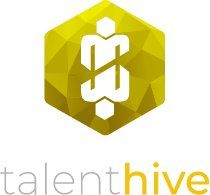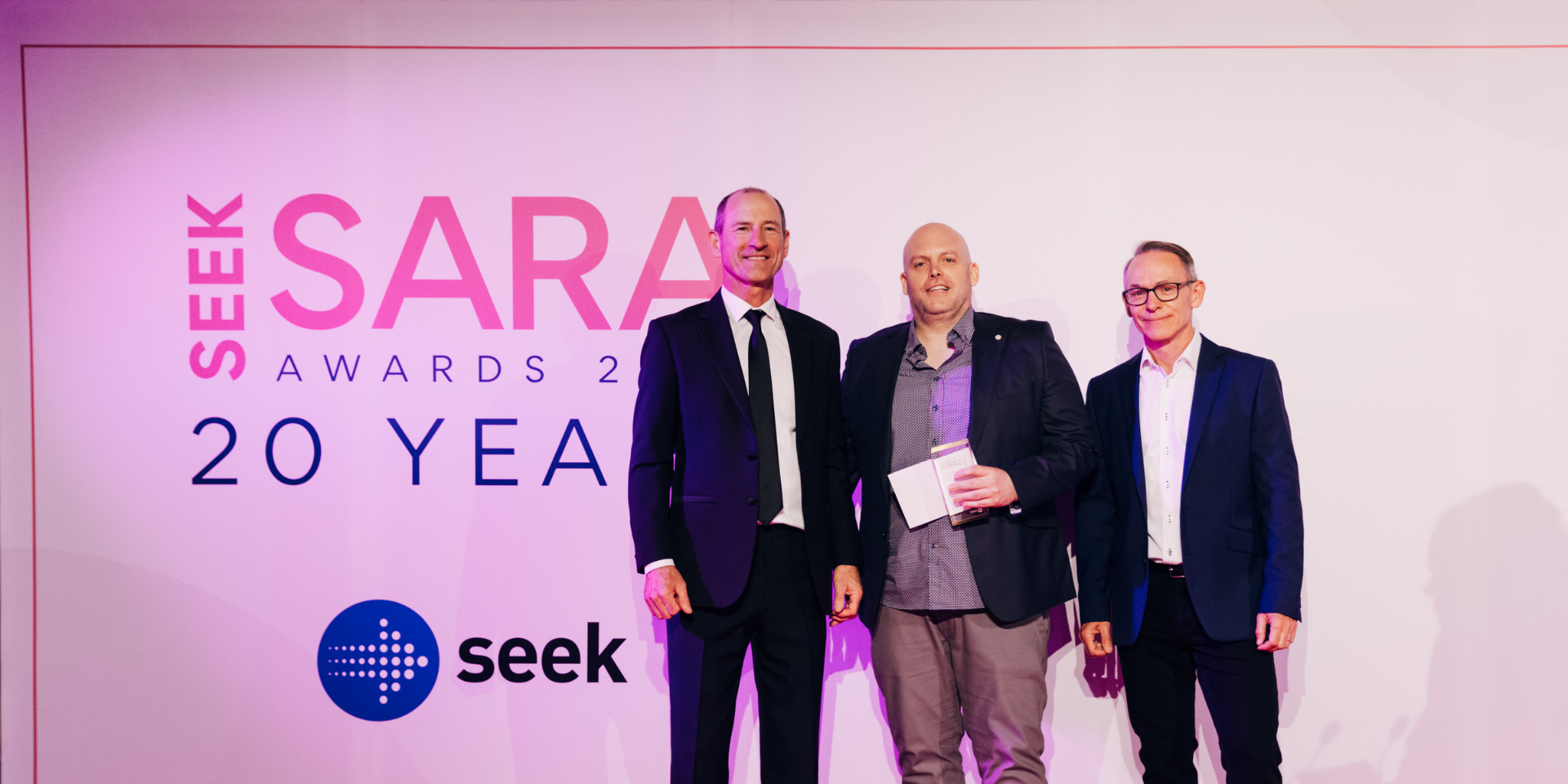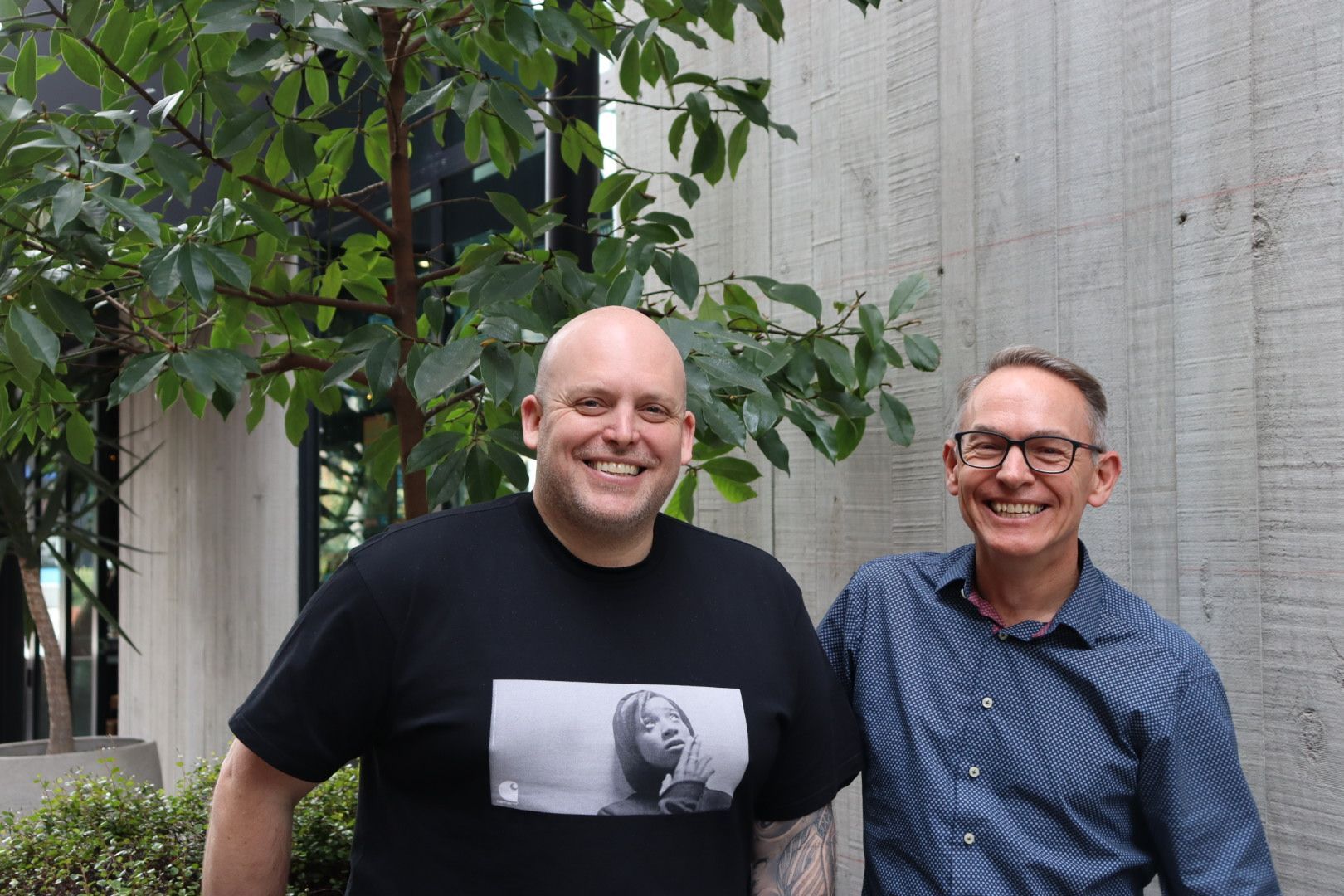DO RESUMES ENCOURAGE HIRING MANAGER BIAS?
Marc Denham • September 20, 2021
Putting together a cover letter and CV is one of the most dreaded aspects of searching for a job. Adjusting the contents for each position applied for – and knowing in some cases those contents will never even be read – can be a dispiriting process.
Employers don’t exactly love wading through stacks of applications either. The cover letter-and-CV combo is not an efficient way to identify strong candidates, and it becomes less efficient the taller the pile.
Inefficiency isn’t the only problem. Research has shown the dominant method for finding new candidates is often discriminatory. According to the National Bureau of Economic Research, job applicants with ‘white’ names needed to send 10 resumes to receive one callback, versus those with African-American names who had to send 15. The research team conducted an experiment in which they responded to job ads in Boston and Chicago newspapers, sending resumes with names indicative of differing cultural and ethnic backgrounds. Another study, from 2014, submitted identical legal briefs to a panel of reviewers and found the standard of writing was consistently rated lower when the reviewer was told the author was black. Furthermore, a higher number of spelling, factual and grammar errors were found, despite the content being identical, suggesting deep-rooted systemic racism was at play.
It’s not just ethnicity that is routinely discriminated against. Research from Stanford suggests hiring managers are less likely to plump for mothers, if that status is presented on a CV. Multiple studies indicated that male-dominated executives consistently reveal gender biases in their hiring practices, with men more likely to advance their career than women, despite identical CVs and cover letters. According to Katherine Milkman, a Wharton professor who ran a study on discrimination in universities, “It’s not like just one group is being harmed… everyone is being harmed here relative to Caucasian males.”
That select group can be whittled down further still when you factor in background biases that relate to class. Hiring managers who review applicants from top universities and private schools are more likely to miss errors or dismiss a lack of experience or suitability. Conversely, an apt candidate from an economically poorer background may find their application on the receiving end of heightened scrutiny, with the reviewer looking for typos and other mistakes that confirm their bias. The fact that this entire process usually happens at a subconscious level only makes it more deeply entrenched and problematic.
Confirmation bias is not something most recruiters will readily admit to. They may even be alert to it, and design their hiring process in a way that minimizes the risk. But with large piles of applicants to sort through, and a recruitment process that could last weeks, completely eliminating discrimination is nigh on impossible under the CV-and-Cover-Letter system.
The most effective way to overcome discrimination is to emphasize to businesses that they are losing out. Research has shown that past credentials are not a good predictor of future performance. Reducing candidates to an ever decreasing pool of expensive educations, sought-after postcodes, maleness and whiteness is a surefire way to limit future growth.
Anonymizing the application process (at least to some extent) is one way of breaking the cycle. Some academics have suggested requesting CVs with only initials or a numbered code to identify the applicant. For some jobs, such as writing and coding, the first step of the application process might comprise a sample work assignment, submitted anonymously. This would tell hiring managers who is up to the task without fear of discrimination – unconscious or otherwise – creeping into their evaluation.
Road-testing the actual skills required for the position doesn’t seem so radical. And while hiring blind may not be suitable for every industry, minimizing implicit bias should be the aim of every business.
Marc is a Director of The Talent Hive and leads our IT recruitment practice. Originally from the UK, Marc has been living in Christchurch, New Zealand for ten years and working in the recruitment sector for just as long. Marc has worked as an in-house recruiter and within multinational recruitment consultancies and independent recruitment businesses.
At The Talent Hive we specialise in connecting IT & Engineering professionals with the right career opportunities. We encourage collaboration, socialising your success and sharing industry insight and expertise. Start the journey, connect with The Talent Hive today.

May 1, 2024
The economic conditions are influencing the contract employment landscape in several ways. Here are some of the trends Talent Hive has seen recently. Demand Shifts NZ firms facing economic headwinds are hesitant to commit to FTE hires but with projects and deadlines still to deliver on, there is likely to be more reliance on temporary and contract solutions to manage workloads in the coming months. Available Talent Although not widespread, layoffs and restructures in the Tech sector could lead to a larger pool of candidates available for temporary and contract work, and Talent Hive has seen an increase in enquiries from people looking to understand how they might set themselves up for contract engagements. This has the potential to increase competition but could also provide businesses with access to qualified talent on a flexible basis. Tech Sector Specifics We are seeing an increase in demand for contract staff recently, particularly Software Developers, Integration and Solution Architects, and Business Analysts. This upswing in demand is reflected in the recent Seek job listings data. There are 207 Contract IT/Tech roles advertised on Seek today and 23% of those contract roles have been listed in the last 7 days. 52 of the 207 contract roles advertised are for Software Eng/Developers with 30 listed ads for Contract BA’s. Wage Control In Stats NZ’s latest update, New Zealand's salary rates actually increased by 4.1 percent in the year to March. That labour cost growth slightly outstripped inflation, which was sitting at 4 percent. Contract hourly rates in the Technology sector have stabilised in recent months as hiring demand has decreased and we may even see hourly rates come back a little, particularly for role types where there is an oversupply of contract talent. Hybrid Work Trend One trend we are certainly seeing in the contract market are fewer remote work opportunities. Increasingly there is a requirement for contractors to have the ability to work some of the week at a designated office and this is restricting the opportunities contractors are able to go for. Full remote work options aren’t completely gone but they are significantly reduced. Contract candidates must be open to in-office work for at least some portion of their engagement. Overall, the current climate creates a complex landscape for both businesses seeking talent and professionals exploring temporary and contract opportunities. Success for Contractors will depend on adaptability, flexibility around rates, and contract length. Talent Hive's Value Talent Hive's understanding of the current market dynamics, along with our strong network of skilled professionals, positions us uniquely to support both clients and candidates Addressing Uncertainty: For businesses navigating hiring uncertainty, Talent Hive offers flexible staffing solutions. We have access to contract talent that are ready to fill immediate skill gaps and help organisations manage fluctuating workloads. Beyond Just Tech Skills: We understand that finding the right technical expertise is only half the battle. Talent Hive's strong connections within the contractor talent pool allow us to identify professionals who are not only technically capable but also a strong cultural and organisational fit for our clients. This approach ensures smoother onboarding and a positive impact for both the contractor and the employer. We would like to share some of the contractors we’re working with at the moment. Click below to view some of the great IT talent we're working with to find roles at the moment.
Christchurch:
2/38 Southwark Street
Christchurch
PO Box 162
8140
Powered with 💛 by Shazamme





